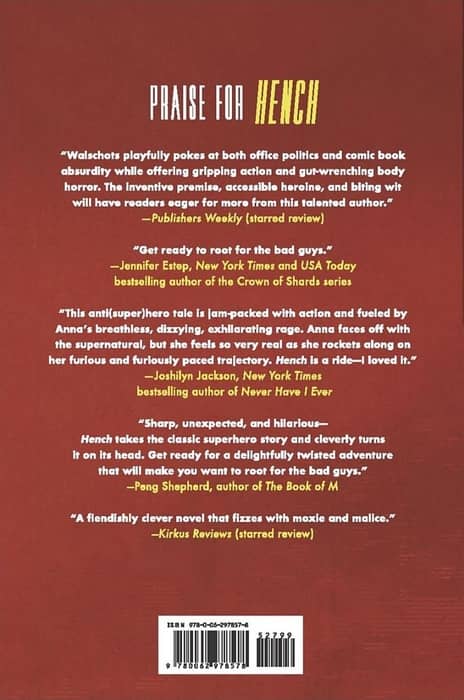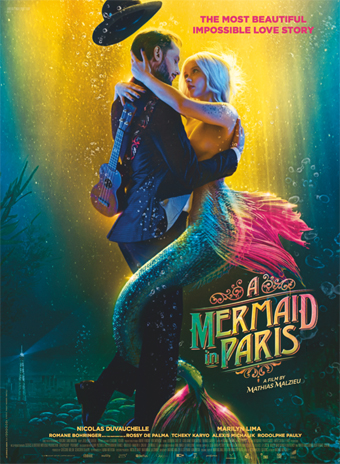 Back in my 2014, my first year covering the Fantasia Festival for Black Gate, I reviewed an animated movie called Jack and the Cuckoo-Clock Heart, the debut film from director Mathias Malzieu. The songwriter and lead singer of French pop band Dionysos, Malzieu’s also a writer; Jack was also a concept album and novel as well as a film. Now Malzieu’s got a new movie, filled with singing and dancing and whimsy. A Mermaid In Paris (Une sirène à Paris) has many of the same visual influences as Jack, but moves beyond them in a new way. Although it has a happier ending, it also has a truer feel for melancholy and grief, and with that a sense of greater depth.
Back in my 2014, my first year covering the Fantasia Festival for Black Gate, I reviewed an animated movie called Jack and the Cuckoo-Clock Heart, the debut film from director Mathias Malzieu. The songwriter and lead singer of French pop band Dionysos, Malzieu’s also a writer; Jack was also a concept album and novel as well as a film. Now Malzieu’s got a new movie, filled with singing and dancing and whimsy. A Mermaid In Paris (Une sirène à Paris) has many of the same visual influences as Jack, but moves beyond them in a new way. Although it has a happier ending, it also has a truer feel for melancholy and grief, and with that a sense of greater depth.
We follow Gaspard (Nicolas Duvauchelle), a singer at a bar owned by his father Camille (Tchéky Karyo) who is thinking about selling the magical place, located on a boat, hidden under a café. One night, Paris is flooded, and Gaspard finds a beautiful mermaid (Marilyn Lima) washed up on the cobbles. He takes her to a hospital where, unknown to him, she gains strength by draining the life of a doctor, Victor (Alexis Michalik), with her song. Unable to get the staff to give her treatment, Gaspard takes her home, not knowing that Victor’s wife Milena (Romane Bohringer) has sworn to find her husband’s killer. Will Lula, the mermaid, kill Gaspard? Will Gaspard, who believes he cannot love a woman after a failed relationship in his past, be drawn to her nevertheless? If so, will Lula survive, who must be returned to her native element?
Such the questions of the film. We get fine answers, though the plot that provides them is a bit ragged, here and there. Specifically, Milena is a little underplayed. Nominally the villain, she doesn’t do that much over the course of the movie, and creates little sense of tension or threat. In a way, that’s a testament to how much Bohringer brings to the part; it’s impossible not to feel for her, and Malzieu’s direction and visual imagination makes her love for Victor a powerful counterpart to the development of Gaspard and Lula’s love.
It’s also true that the basic tone of the movie is one of romance, not logic. Reality is heightened, the visual world of the film shaped by emotion, primarily love. This is the Paris of fairy-tales and dreams: colour is rich, music is everywhere, the people are whimsical and lightly ironic. Where Malzieu’s first film was strongly influenced by Tim Burton, this one marries the Burton feel to Jean-Pierre Jeunet, specifically the Jeunet of Le Fabuleux Destin d’Amélie Poulain. It is the kind of city into which a mermaid might wash up, and if the people of the film show less surprise at a mermaid than you might expect, that’s probably why.
…
Read More Read More

 One of the lovely things about covering Fantasia is the chance to see genre classics I missed the first time around, often brought back to the screen in a restored version. Again in 2020, notwithstanding its streaming-only nature, Fantasia revived a number of great films from prior years. While my own inefficiency with scheduling meant I ended up missing Johnnie To’s A Hero Never Dies, I saw many of the others, including Wilson Yip’s 2005 movie SPL: Kill Zone (also just Kill Zone, originally SPL: Sha Po Lang, 殺破狼).
One of the lovely things about covering Fantasia is the chance to see genre classics I missed the first time around, often brought back to the screen in a restored version. Again in 2020, notwithstanding its streaming-only nature, Fantasia revived a number of great films from prior years. While my own inefficiency with scheduling meant I ended up missing Johnnie To’s A Hero Never Dies, I saw many of the others, including Wilson Yip’s 2005 movie SPL: Kill Zone (also just Kill Zone, originally SPL: Sha Po Lang, 殺破狼).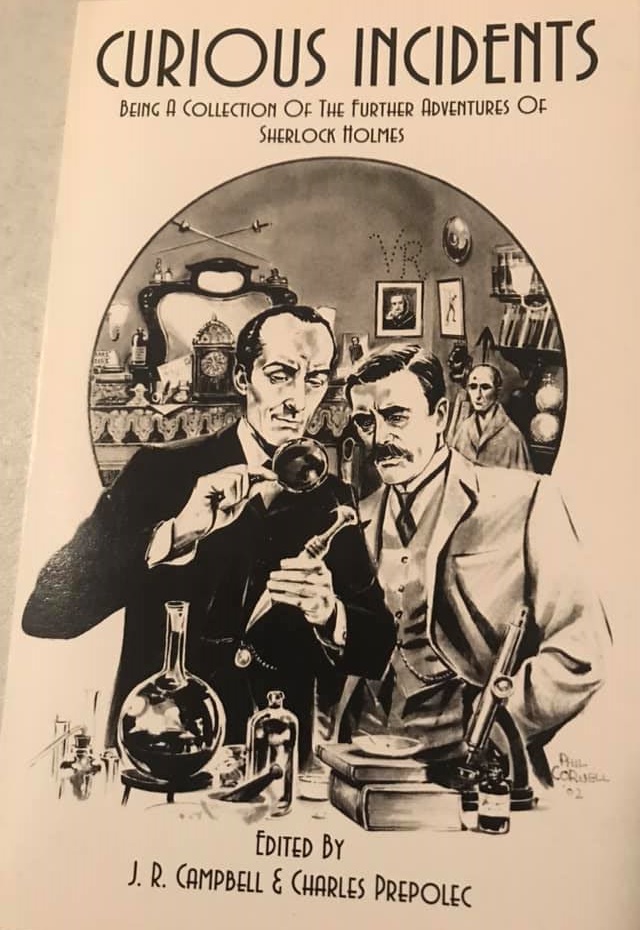

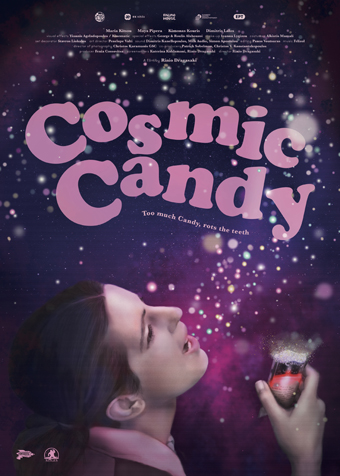 There is, or was, or might have been according to some, a movement in Greek cinema that started and flourished in the first half of the second decade of the twenty-first century called the Greek Weird Wave. This movement,
There is, or was, or might have been according to some, a movement in Greek cinema that started and flourished in the first half of the second decade of the twenty-first century called the Greek Weird Wave. This movement, 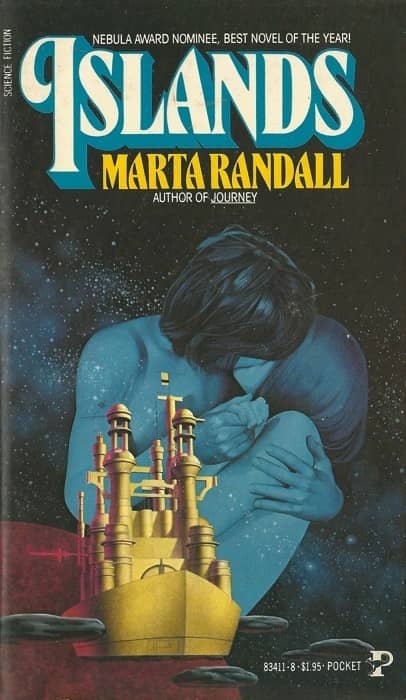
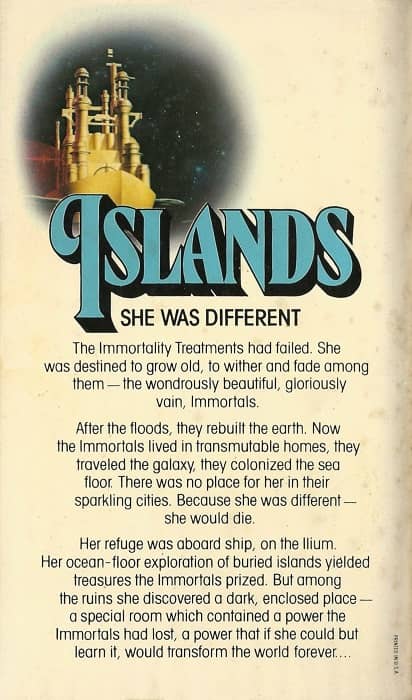
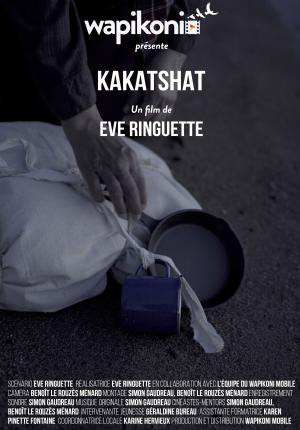
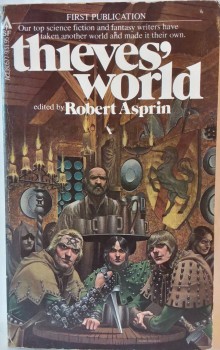
 Back in my 2014, my first year covering the Fantasia Festival for Black Gate, I reviewed an animated movie called
Back in my 2014, my first year covering the Fantasia Festival for Black Gate, I reviewed an animated movie called 
